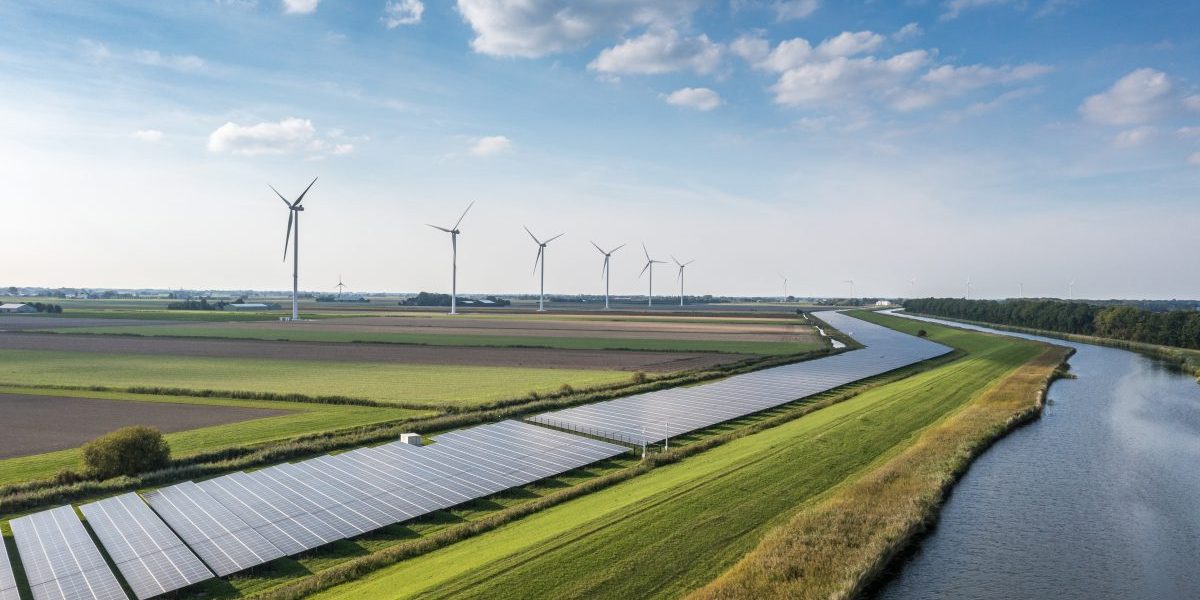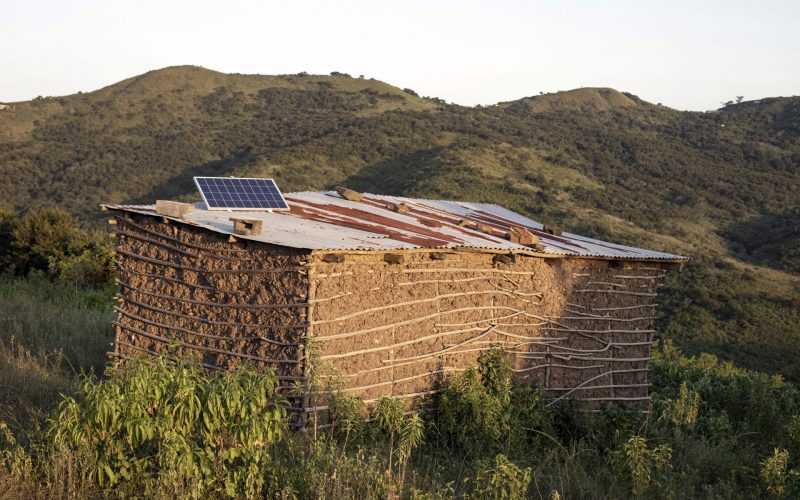Summary:
- Evidence shows that reaching net-zero global greenhouse gas emissions by 2050 will require decarbonisation to takes place as fast as possible.
- The Paris Agreement of the UN Framework Convention on Climate Change mandates countries to develop and communicate Long-Term, Low Emission and Climate Resilient Development Strategies (LTSs) to the Secretariat by the end of 2020.These LTSs require countries to plan to mid-century, clearly outlining the key focus areas and sectors to achieve low emissions development.
- In this way, LTSs can also help to foster coherence and coordination across the entire economy by defining sectoral choices and trade-offs necessary for addressing climate impacts and the reducing emissions.
- Only seven African countries have formally submitted LTSs.
- To help Africa countries develop and strengthen of their LTSs peer learning platforms are needed. Also, a step-by-step technical guidance document could offer a framework for developing an LTS, including the identification of key processes, methods and tools needed to create a robust, integrated, and inclusive policy instrument.








